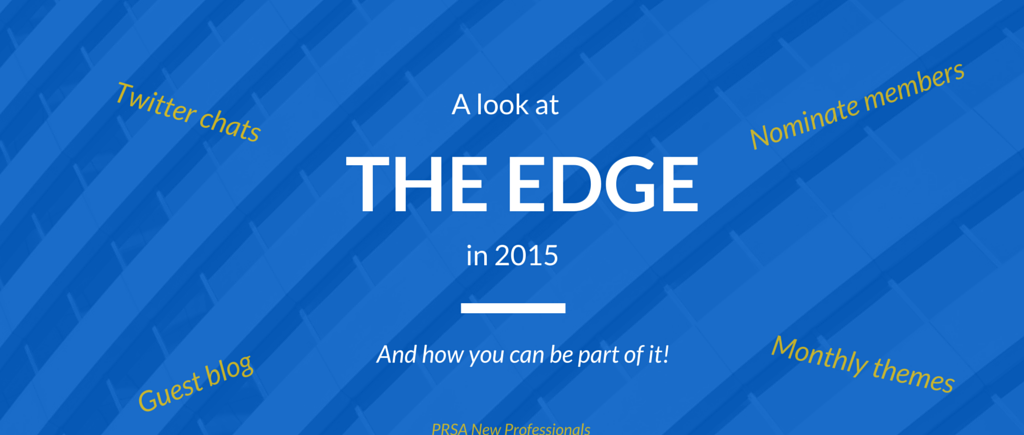 There are approximately 500,000 words in the English language. How we weave those words together in sentences with one another is what many call “the art of communication.” Or should I say, the lost art of communication?
There are approximately 500,000 words in the English language. How we weave those words together in sentences with one another is what many call “the art of communication.” Or should I say, the lost art of communication?
How many times have you replied, “I’m good” when really, last week a rock shattered your windshield so you’ve been eating pb&j’s to afford rent? And how many times have you gone to dinner with a friend (or worse, a date) only to have their cellphone receive its own placemat; as if silently saying, “I’m here for you. But I’m also here for my 600+ network of friends, should anyone message me.” A phone call or handwritten note is becoming so rare that most people don’t even know what to do when they get one. Sadly, the art of communication is a dying trade, and though we don’t like to admit it, we and our busy schedules are to blame.
You wake up: Emails. Brush teeth: Facebook. Riding around: Snapchat. Drink coffee: Google Alerts. *Cue Beyoncé* Do you wake up like this? Many of us have fallen prey to the idea that always being accessible simplifies our lives in saving us time, and provides us with better access to, and thus improves, our level of communication.
However, in reality, constant connectivity deteriorates and distracts much more than it builds. In a study conducted by University of Utah psychology professor David Strayer, 1,000 individuals were put through a series of cognitive and motor skill tests to determine who could be truly capable of multitasking. In the end, only two people passed. TWO. That means on average, 98% of people cannot devote their care and attention to more than one person or situation at a time without deteriorating their original quality of focus.
Despite this somewhat depressing fact, the average person tends to overrate their ability to multitask and/or believes, from practice makes perfect, a light bulb will suddenly illuminate the way to mastering the Rubik’s cube of multitasking. When in reality, Strayer’s same study showed that those who regularly engaged in multiple activities at once were worse at it than occasional offenders. [If you’d like to take the experiment’s electronic test and shatter your illusion of ever being a said “supertasker,” click here.]
It’s no secret our society is over-stimulated. Between the constant bombardment of pop-up ads, Facebook check-ins and Candy Crush invitations, we rarely leave ourselves idle time. Yet, perhaps even worse lies in how we’ve created a sort of silent competition of who can do the most, see the most, BE the most. It’s as though the longer your laundry list of events and to-do’s, the higher you rank on the social status o-meter. Busy has become synonymous with important, and who doesn’t want that? But, our attention has stretched so thin from always looking forward to what’s next that we forget how to see what’s standing right in front of us.
If we are too busy for something as simple as laundry, how can we expect to make time for friends and fostering relationships? Humor me for a second and think; when was the last time you called (not texted) someone on their birthday? Or took the time to give your best friend a pep talk before their big interview? These meaningful moments and opportunities to build deep connections are what we trade in when we overrun our schedules with busyness for the sake of busyness. As much as our devices and determination might argue otherwise, it’s time to admit that we can’t do everything; and inevitably things (and often people) will fall through the cracks, in both our personal and professional lives.
One of the best pieces of advice I’ve received was from someone who said plainly, “don’t confuse action with traction.” We pour so much time, energy and emotion into doing a-z, but how many of these things actually propel us in a direction we’d like to be going? Toward reaching a goal, toward happiness, toward connecting with others on a sincere level or simply toward becoming a better person? As the New Year begins, step away from the laptops, the ringtones and the calendar reminders and ask yourself, how do you want to be in this world? Not who do you want to be, or what; just how. And whatever your answer, don’t be afraid to go out and do just that!
 Megan O’Neal graduated from UCLA in 2011 with a Bachelor of Arts in Communication Studies, emphasizing in mass communications. She is currently the PR Coordinator at Marketing Design Group and volunteers with the National Multiple Sclerosis Society, freelancing for the public relations department. Connect with her on Twitter @megannenicole.
Megan O’Neal graduated from UCLA in 2011 with a Bachelor of Arts in Communication Studies, emphasizing in mass communications. She is currently the PR Coordinator at Marketing Design Group and volunteers with the National Multiple Sclerosis Society, freelancing for the public relations department. Connect with her on Twitter @megannenicole.



 If you’re like me, the end of the year is a time to reflect on successes and challenges from the past year, as well as make plans for the upcoming year. New public relations professionals face a lot of challenges: a fast-paced and competitive job market, demanding clients and colleagues, and an evolving industry with an array of new channels and tools.
If you’re like me, the end of the year is a time to reflect on successes and challenges from the past year, as well as make plans for the upcoming year. New public relations professionals face a lot of challenges: a fast-paced and competitive job market, demanding clients and colleagues, and an evolving industry with an array of new channels and tools.
.jpg) “Fake it until you make it” has been my personal and professional motto for quite some time, but after experiencing quite a few PR agencies and finding a niche industry I really enjoy, I no longer feel like I’m faking it. I feel ready to move on from the “new professional” label and onto the next chapter.
“Fake it until you make it” has been my personal and professional motto for quite some time, but after experiencing quite a few PR agencies and finding a niche industry I really enjoy, I no longer feel like I’m faking it. I feel ready to move on from the “new professional” label and onto the next chapter. According to the National Center of Charitable Statistics, there are over 1.5 million non-profit organizations in the United States, all of which have strict budgets and manpower to make the impact their causes deserve. Only a lucky few get national notoriety like the ASL Ice Bucket Challenge or can convince professional athletes to wear pink for a month.
According to the National Center of Charitable Statistics, there are over 1.5 million non-profit organizations in the United States, all of which have strict budgets and manpower to make the impact their causes deserve. Only a lucky few get national notoriety like the ASL Ice Bucket Challenge or can convince professional athletes to wear pink for a month.